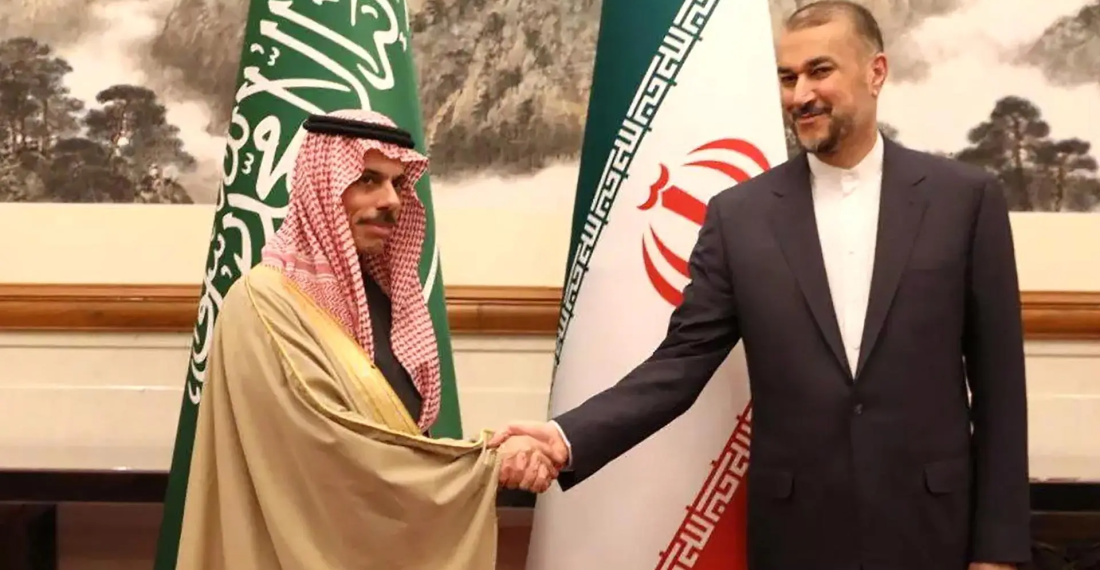Saudi Arabia's Foreign Minister Prince Faisal bin Farhan is due to head to Tehran on Saturday (17 June), Iran's semi-official Tasnim news agency has announced.
Prince Farhan's visit would be the latest step in a series of events in the ongoing process of normalising Saudi-Iranian relations after a landmark deal between the two was struck in Beijing on 10 March. You can read more about this here.
Another notable moment came on 15 March when Saudi Arabia's Finance Minister Mohammed Al Jadaan said that his country could invest in Iran "very quickly" following the agreement.
"We have no reason not to invest in Iran, and we have no reason not to allow them to invest in Saudi Arabia. It is in our interest to make sure that both nations benefit from each other's resources and competitive advantage," he said.
"If they (Iran) are willing to go through this process, then we are more than willing to go through this process and show them they are welcome and we would be more than happy to participate in their development," he said. You can read about this story here.
Iran thanks Saudi Arabia for evacuation efforts, re-opens embassy in Riyadh
Then, two weeks after fighting broke out in Sudan between the country's army and a rival paramilitary group, Iran officially thanked Saudi Arabia for helping evacuate its citizens. Saudi Arabia has played a key role in an international evacuation effort, lying just across the Red Sea from Sudan.
In a statement, the Iranian Foreign Ministry spokesman Nasser Kanaani said, "we have seen effective co-operation and assistance from Saudi Arabia that deserves appreciation and gratitude." You can read the full story on commonspace.eu here.
Finally, on 6 June, Iran re-opened its embassy in the Saudi capital Riyadh. "We consider today an important day in the relations of the Islamic Republic of Iran and the Kingdom of Saudi Arabia," Iranian Deputy Foreign Minister Alireza Bigdeli told a flag-raising ceremony, adding that "the cooperation between the countries is entering a new era." You can read more about this here.






